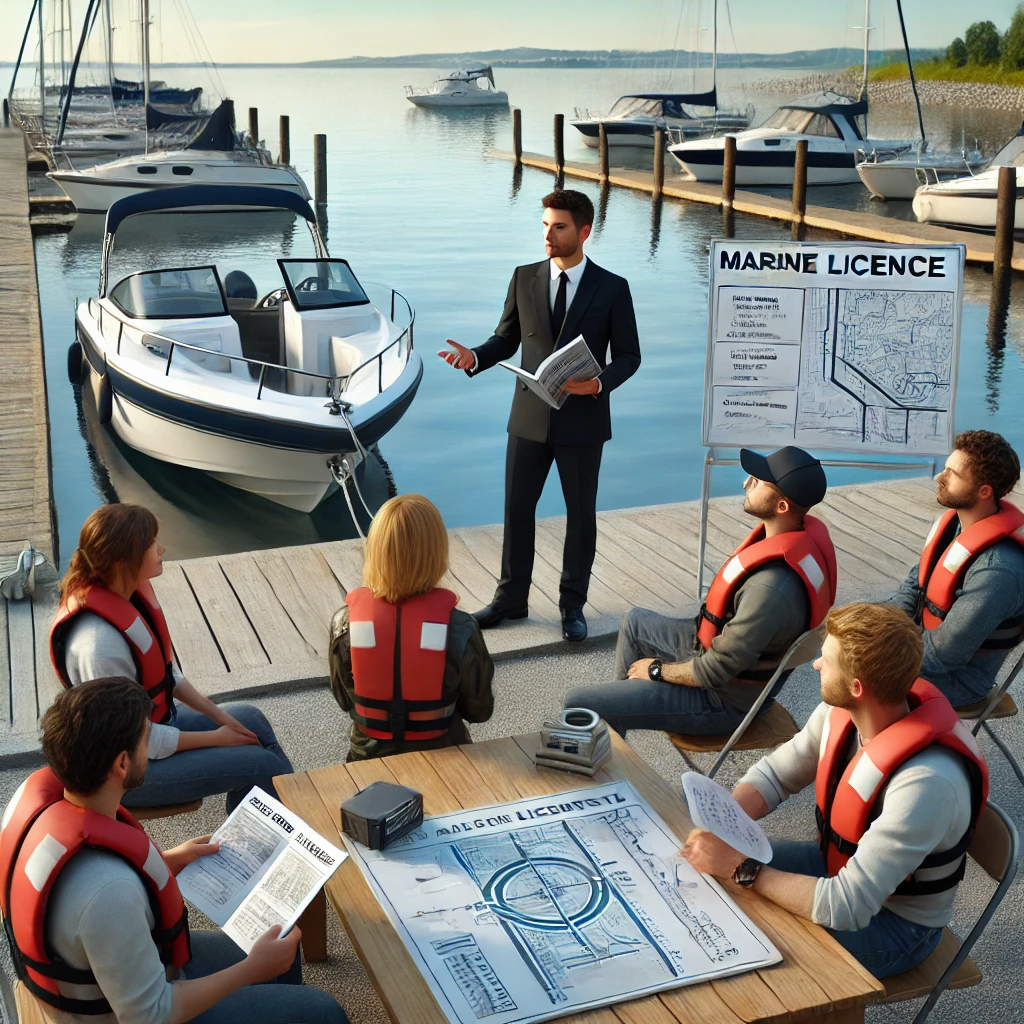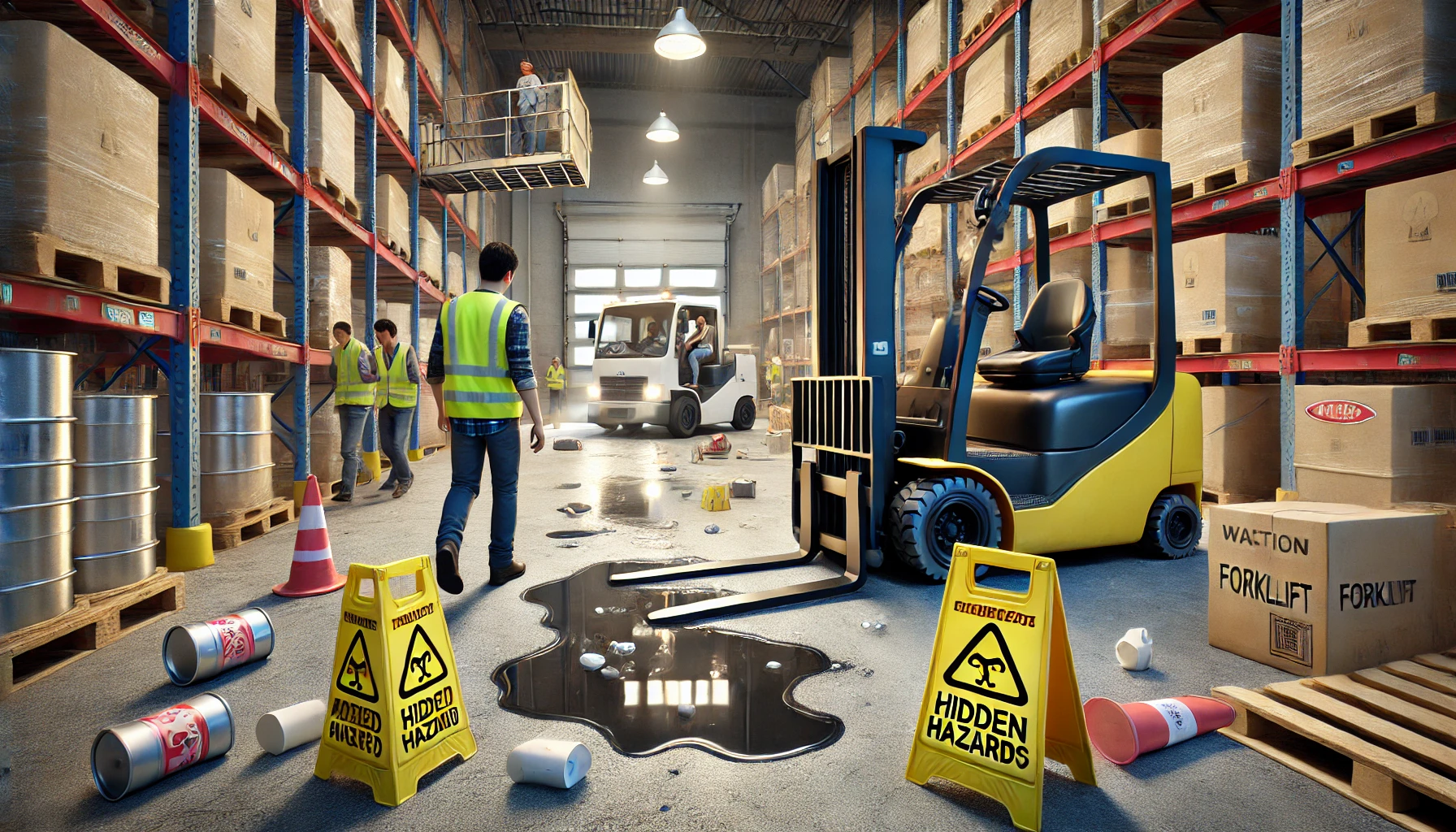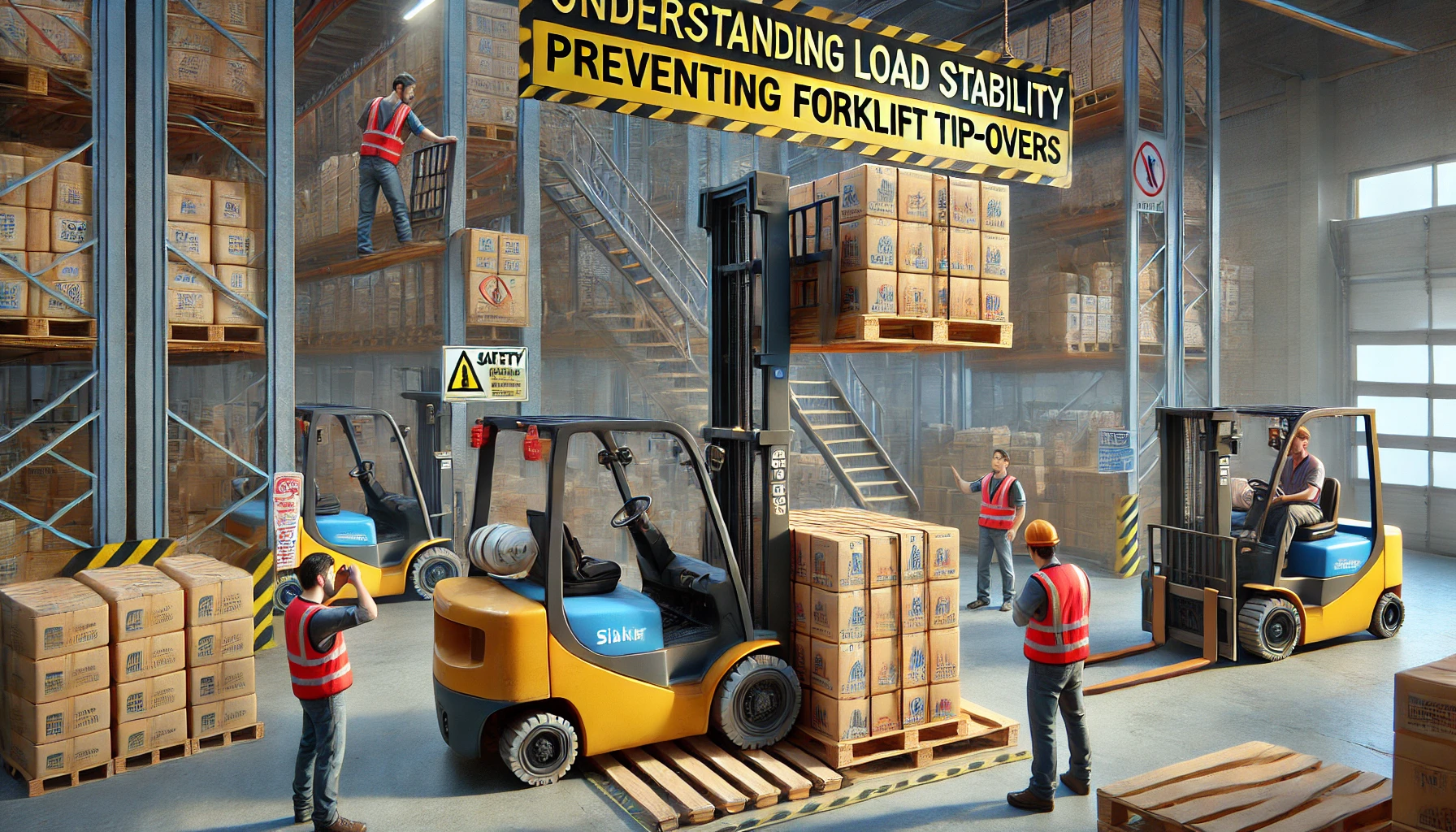Top Marine Licence Questions Answered: What You Need to Know Before Getting Licensed
Thinking about getting your marine licence? If you’re looking to explore Australia’s beautiful waterways, having a marine licence is essential for safe and legal boating. But with different rules, fees, and processes, it’s easy to have a few questions before you take the plunge. Don’t worry – we’ve got you covered. In this guide, we’ll answer some of the most common questions about obtaining a marine licence so you’ll know exactly what to expect.
Do I Need a Marine Licence?
The short answer is yes, if you plan to operate a powered boat in Australian waters, you’ll need a marine licence. In most states, anyone operating a vessel with an engine, must hold a licence. This requirement applies if you’re boating for recreational purposes. So, if you’re planning to hit the water in anything other than a non-motorised boat like a kayak or sailboat, a marine licence is essential.
It’s also important to note that in Victoria, you’ll need an additional personal watercraft (PWC) endorsement if you want to operate a JetSki.
What Are the Eligibility Requirements?
When it comes to eligibility for a marine licence, it can vary slightly depending on the state or territory. Generally, you’ll need to be at least 16 years old to apply for a full marine licence. Younger boaters (12-15 years old) can obtain a restricted licence, but there will be speed, towing and night time restrictions.
You’ll also need to pass a multiple choice test to prove your knowledge of safe boating practices, navigation rules, and relevant maritime regulations. This is to ensure that you understand the fundamentals of operating a boat safely and responsibly before you head out on the water.
How Do I Apply for a Marine Licence?
The process for applying for a marine licence is relatively straightforward. First, you’ll need to complete a Marine Licence course, which covers essential topics like preparing for your trip / safety equipment, speed & distance rules & navigation markers, and emergency procedures. These courses can be completed in person, during one of our many Marine Licence courses, from October to April.
Once you’re confident with the material, you’ll need to sit a test to demonstrate your understanding of the regulations and safe boating practices. This test consists of multiple-choice questions.
After passing the test, you’ll need to submit your application with Vic Roads, along with the Certificate of Completion, proof of ID & the appropriate funds for licence fees.
How Much Does a Marine Licence Cost?
The cost of obtaining a marine licence varies from state to state, but generally, you’ll need to pay a $130.00 fee for the marine licence course, including your PWC endorsement for JetSki.
VicRoads licence card fees are $40.80 per year, $45.90 per year for Marine licence and PWC endorsement & $22.90 per year for the restricted licence.
What Does the Marine Licence Test Involve?
The marine licence test is designed to ensure you’re familiar with the key rules and regulations of safe boating. You’ll be tested on various topics, including how to navigate using buoys and markers, what to do in an emergency, and how to ensure your boat is equipped with the correct safety gear.
Most states offer a theory-based multiple-choice test, which you can sit at a testing centre or sometimes online. The questions will cover things like speed limits, right-of-way rules, and how to operate your vessel in different weather conditions. Some states (Not Victoria) also require a practical component, where you’ll need to demonstrate your ability to safely manoeuvre a boat in a real-world setting.
How Long Is the Licence Valid For?
Once you’ve successfully obtained your marine licence, it’s valid for either 1 or 5 years, depending on your preference. Some states, like Queensland, offer lifetime licences, meaning you’ll never have to renew your marine licence once you’ve got it.
However, even if your licence doesn’t expire for a long time, it’s always a good idea to refresh your knowledge periodically. Rules and regulations can change, and staying up to date helps ensure that you and your passengers stay safe on the water.
Can I Use My Licence in Other States?
Yes, marine licences issued in one Australian state or territory are recognised in other parts of the country. So, if you hold a marine licence in Victoria and you’re heading to Queensland for a holiday, you’ll be able to operate a boat without needing to obtain a separate licence, for up to 3 months.
That said, each state and territory has its own specific regulations, and there may be local rules or requirements that you’ll need to follow, so it’s worth checking ahead of time if you’re planning to boat interstate.
Do I Need to Renew My Marine Licence?
If your marine licence has an expiry date, you’ll need to renew it before it lapses to avoid having to reapply. The renewal process is typically straightforward, and you’ll usually receive a reminder notice from your Vic Roads, when it’s time to renew. Simply follow the instructions on the renewal notice and pay the appropriate fee to extend your licence.
Important – If you move house, and your residential address changes, make sure you keep VicRoads updated on your new address, otherwise your renewal notice will be sent to your old address.
What Are the Key Safety Regulations?
When you obtain your marine licence, you’re not just learning how to operate a boat – you’re also committing to following key safety regulations. Every state has slightly different rules, but there are a few common safety practices that every boater should know.
First, make sure your boat is equipped with the correct safety gear, such as lifejackets, a waterproof torch, flares, and a fire extinguisher for eg. It’s also important to keep a lookout for changing weather conditions, follow speed limits, and be mindful of navigation markers and restricted areas.
You’re also required to stay below the legal blood alcohol limit while operating a boat. In most states, this is 0.05%, just like when driving a car (under 21 years of age 0.00%).
Operating a boat under the influence of alcohol can lead to heavy fines, loss of your licence, and serious safety risks.
Conclusion
Obtaining a marine licence is an essential step for anyone looking to safely and legally operate a boat in Australia. The process is fairly easy & straightforward once you understand the basics. By completing a marine licence course, passing the test, and keeping up with local regulations, you’ll be well on your way to enjoying all the beauty and freedom that Australia’s waterways have to offer.
With your marine licence in hand, you can cruise the open water with confidence, knowing that you’re equipped with the knowledge and skills to keep yourself and others safe. Whether you’re a first-time boater or just brushing up on the rules, these tips will help you navigate the process with ease.







